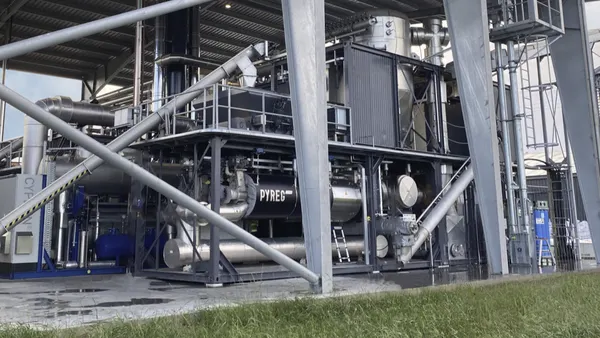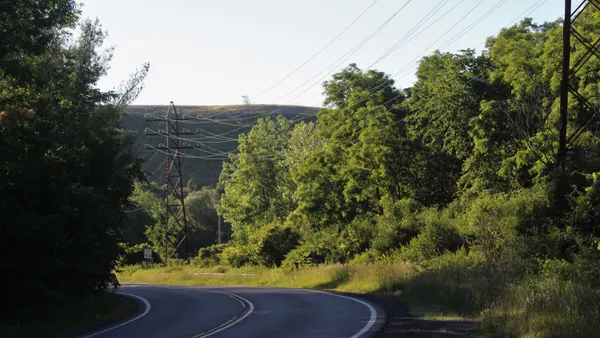Dive Brief:
- Arizona state utility regulators are standing by an earlier decision that garbage qualifies as renewable energy when burned to create electricity, while the Sierra Club argues that a trash- burning incinerator does not qualify for this status.
- The case was prompted by a request from Mohave Electric Cooperative to burn trash as a way to generate power at a proposed plant by Reclamation Power Group, enabling Mohave to meet the renewable energy mandate. If accepted, Reclamation Power would be able to charge Mohave higher rates and Mohave could apply a customer surcharge. The utility company would accept 500 tons of trash a day, recycle 25% of it, and incinerate the remainder to generate electricity.
- The final Supreme Court rule is pending.
Dive Insight:
The Arizona commission requires all utilities to obtain at least 15% of their power from renewable resources by 2025, considering renewable energy to be technology that displaces "conventional energy resources'' like natural gas, coal, oil and uranium. There is a fine line in determining what resources qualify and, at least in Arizona, some claim trash should count.
"Because the [renewable energy] rules promote the diversification of generation resources, they are not designed to be static," said Arizona Corporation Commission attorney Wesley Van Cleve.
Van Cleve said the rules allow for pilot programs such as the one proposed by Mohave Electric Cooperative to "evaluate the efficacy of different technologies on an experimental basis.''
Commission spokeswoman Angie Holdsworth said the agency does not believe the incinerator would pose public risk, pointing out that plastics will be recycled and the state Department of Environmental Quality will monitor pollutants.
The issue continues to carry two sides. Those who object to the rule believe it would open the door for other utilities to propose trash incineration which could be detrimental to the environment and public health. Others, like Corporation Commission member Bob Stump argue, "If the choice is between landfilling the waste and converting it to energy, it made sense to us to convert it to energy."








